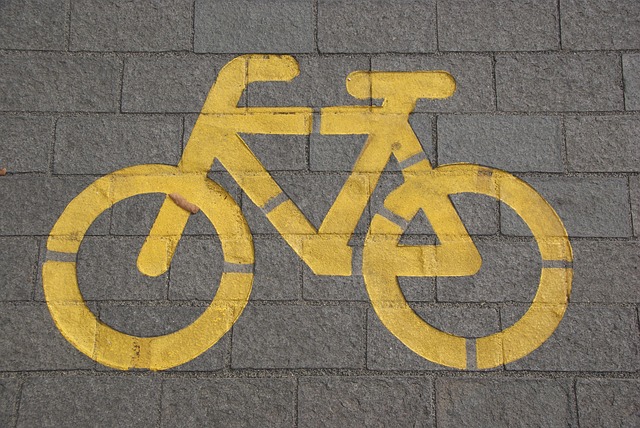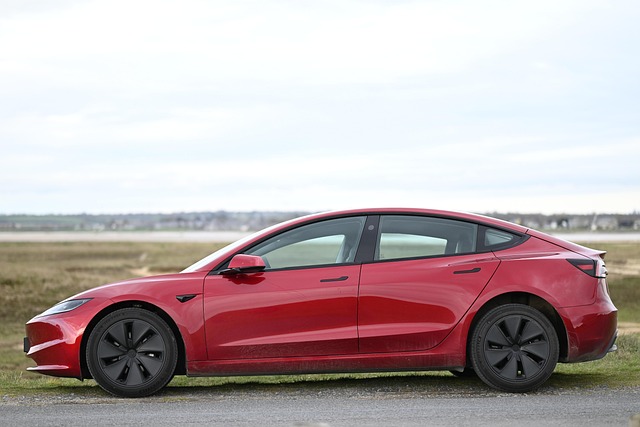Pedaling Towards Rural Prosperity: The Role of Bicycles in Sustainable Settlement Development
As we shift our focus to building sustainable futures, it’s essential to look at innovative solutions that promote not just transportation, but also community growth and environmental wellness. One such solution is the bicycle—a simple yet powerful vehicle that plays a crucial role in settlement development in rural areas.
Transport Sustainability
Transport sustainability is not just about finding green alternatives; it encompasses an entire ecosystem that supports community resilience. In rural areas, where public transport options may be sparse or non-existent, bicycles can fill the gap effectively. They provide a reliable mode of transport for commuting to work, accessing healthcare, and obtaining food supplies. By promoting cycling, rural settlements can reduce their reliance on fossil fuels, cutting down carbon emissions and transforming air quality in the process.
Moreover, bicycles require minimal infrastructure compared to cars, leading to lower development costs. Small roads and paths can be built to accommodate bicycles, making it a cost-effective solution for rural municipalities. This opens up opportunities for local governments to allocate resources towards other essential services like education and health facilities, ensuring holistic settlement development.
Rural Development
In the realm of rural development, bicycles can act as a catalyst for economic growth. When residents have access to bicycles, they can venture beyond their immediate surroundings, tapping into larger markets and creating more diverse business opportunities. This increased mobility allows farmers to transport their goods farther, potentially increasing their sales and, in turn, stimulating the local economy.
Furthermore, promoting cycling as a sustainable means of transportation can invigorate tourism in rural communities. Biking trails can attract visitors looking for immersive experiences in nature, granting locals an avenue to generate income through accommodation, food service, and tour guiding. The promotional aspect of bicycles is particularly valuable in promoting traditional crafts and local culture, enhancing the community’s identity while fostering economic sustainability.
Beyond the economic benefits, bicycles facilitate social interactions within communities. They encourage a culture of health and fitness, promoting a sense of well-being among residents. Communities that engage in cycling activities can foster stronger bonds, promoting shared values and collective growth. With every pedal, residents contribute to a cycle of enhancement that benefits both individuals and the locale.
As we consider the intersection of transport sustainability and rural development, it becomes clear that bicycles are more than just a means of getting from point A to point B. They represent a vision for a brighter, more interconnected future—a future where rural communities thrive and are empowered to reach their fullest potential. Embracing the bicycle as a centerpiece of settlement development is not just a choice; it’s a declaration of commitment towards building sustainable and vibrant rural societies.




